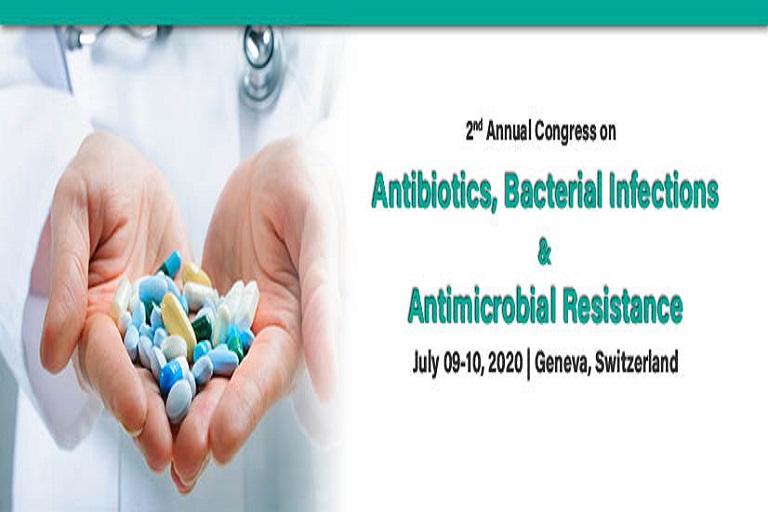Electronic health records, which make a patient’s records available immediately to authorized users, will improve health care delivery and reduce costs, according to presenters at a Joint Committee on Health meeting at the Legislature’s interim session.
According to David Campbell, acting CEO of the West Virginia Health Improvement Institute, the use of health information technology (HIT) is helping health care providers “achieve meaningful use” of health data for their patients by improving patients’ experience, keeping them well and perhaps most importantly, lowering the total cost of care.
Campbell said the Office of the National Coordinator for HIT shows that the state’s 4,600 providers have attained almost 40 percent adoption of basic electronic records. The rate varies from primary care providers (45 percent) to smaller medical practices (34 percent); 96 percent of West Virginia pharmacies are e-prescribing, compared to 50 percent of physicians.
The state ranks 18th in e-prescribing nationally, Campbell said, and the state is above the national average in provider adoption rates.
Health care providers have financial incentives to make the switch.
Thus far, the state’s providers have received $143.8 million out of a national distribution of $16.7 billion.
But Campbell said providers still need assistance, and those providers who get assistance are twice as likely to qualify for an incentive payment than those who did not.
As use of HIT continues to grow, patients’ health can be monitored more closely, and “wearable technology” like smartphones will change health care delivery, he continued.
But perhaps most exciting for patients: Web-based portals that will allow them to help manage their own care.
Those portals will allow patients to access their health records and communicate with their providers. In the second phase of the portal project, patients will not only be able to view their records, but download and transmit them, as well, Campbell said.
“Patients who are engaged (in their health care) have better outcomes,” Campbell said.
Even with some success under their stethoscopes, the state’s health care providers still face some challenges, he noted.
Integrating HIT to support the transition from volume-based to value-based health care includes:
– Engaging patients through portals
– Using data to identify and manage at-risk and high-cost patients
– Keeping the data protected and secure
– Integrating mobile and wearable technology to link to the patient’s “medical home”
Phil Weikle, chief operations officer for the West Virginia Health Information Network, gave the committee an overview of the health providers using the Health Information Exchange, including Montgomery General and Princeton Community Hospital, with Appalachian Regional Healthcare in Beckley and Hinton on track to begin in 2014.
Those WVDirect participants can exchange records with providers all over the United States, he said.
HIT has its barriers, as well, including health care providers who already have heavy workloads, sustainability and the fact there are no standard practices, so providers feel “nickel and dimed” by their vendors.
West Virginia Telehealth Alliance’s Larry Malone said the Rural health Care Pilot Project, a five-year program that has provided $8.4 million to the state, has interconnected state and regional broadband health care networks, meaning a greater use of telehealth applications and electronic health information exchanges.
Just some of the benefits of broadband connectivity include transmission of data for diagnosis, treatment or follow-up, especially for some specialty treatments.
For instance, Malone said, early diagnosis of a stroke could make a life or death difference for some patients.
The state’s lack of extensive broadband and technological advances limits the area where telehealth can be implemented, he said, and that infrastructure is first on the priority list, along with provider engagement and personal technologies.
“Ultimately, we’ll be able to get specialty care from health care centers into our communities,” he said.
Source




































